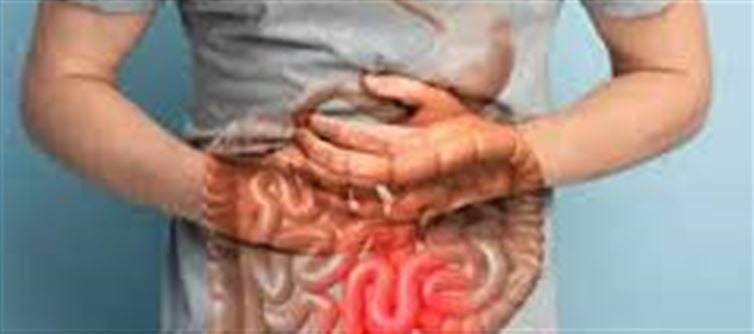Earlier colon
cancer was often considered a disease of the elderly, but nowadays an alarming trend is being seen. This disease is also increasing rapidly among youngsters, including millennials and Gen Z. A top US doctor, gastroenterologist Dr. Joseph Salhab has alerted on this and told five such warning signs, which should not be ignored. Research shows that
people born in 1990 have twice the risk of getting colon
cancer as compared to
people born in 1950. This means that today's young adults are facing the same
health risks that were earlier seen in their grandparents' generation. Early detection is necessary for successful treatment.
Five warning signs of colon cancer
Rectal bleeding: According to Dr Salhab, the most alarming sign of colon
cancer is the appearance of blood in the stool or on the toilet paper. It can be bright
red or dark in colour. Although it may be due to a less serious condition like hemorrhoids, if the bleeding is persistent or frequent, immediate medical attention is necessary. Unexplained abdominal pain: Abdominal pain should never be taken lightly, especially if there is no clear cause and it does not go away or is very painful. Persistent abdominal discomfort that persists despite changes in diet or
lifestyle is a
red flag. This pain may feel like cramping or bloating. If the discomfort lasts for a long time, talk to your doctor.
Weakness or fatigue: Always feeling tired is not a good sign. Fatigue or weakness, even after proper rest, can be a sign of an underlying issue. Young adults often brush it off as stress or lack of sleep, but prolonged fatigue should not be taken lightly. It can also be due to anemia, which is a possible sign of internal bleeding. Changes in bowel habits: Any significant change in your bowel movements, especially those that last for more than a few weeks, should raise concern. This can include constipation, diarrhea, or even a change in stool consistency. If these changes are noticed, it is important to talk to a doctor. Other warning signs: Dr. Salhab has also mentioned some other early signs. These include unexplained weight loss, loss of appetite, night sweats, or recurrent low-grade fever. Although these symptoms can also be caused by other
health issues, when they appear combined, they can point to colon cancer. Therefore, it is important to get them checked.
Why is colon
cancer increasing in youngsters?
Although there is no one definite cause, research believes some factors are responsible.
Lifestyle factors: Poor diet (processed foods,
red meat, sugar), sedentary
lifestyle, obesity, alcohol consumption and smoking.
Genetic predisposition: Some genetic mutations can also increase the risk.
Delayed diagnosis:
cancer being less expected in young age is also a reason due to which symptoms are often missed.
Today, colon
cancer is no longer just an age-related disease. Doctors urge us to take symptoms seriously and seek early medical advice, because






















